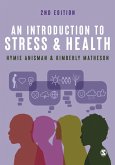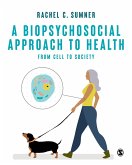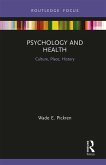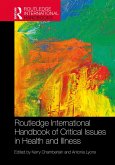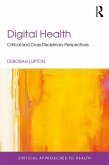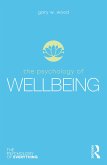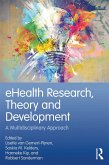With a new chapter dedicated to psychosocial and environmental stressors such as racism, climate change, discrimination, collective trauma, and settler colonialism, this fully updated second edition of An Introduction to Stress and Health explains how chronic and acute stress can precipitate changes in the body that exacerbate and contribute to conditions including heart disease, diabetes, and depression.
This is the first textbook to blend psychosocial and behavioural neuroscience perspectives, giving you a broad understanding of the immunological, neurochemical, hormonal and growth factor processes that can be influenced by stress. Anisman and Matheson further invite you to consider how different interventions and therapeutic strategies might be used to deal with stress and its consequences on the body.
Its lively writing, fascinating case studies and signposts to further reading make this an indispensable guide for postgraduate students taking courses in health psychology, and stress, health, and illness.
Hymie Anisman is Professor of Neuroscience at Carleton University.
Kimberly Matheson is Research Chair in Culture and Gender Mental Health and Professor of Neuroscience at The Royal Ottawa's Institute of Mental Health Research and Carleton University.
Hinweis: Dieser Artikel kann nur an eine deutsche Lieferadresse ausgeliefert werden.
This is the first textbook to blend psychosocial and behavioural neuroscience perspectives, giving you a broad understanding of the immunological, neurochemical, hormonal and growth factor processes that can be influenced by stress. Anisman and Matheson further invite you to consider how different interventions and therapeutic strategies might be used to deal with stress and its consequences on the body.
Its lively writing, fascinating case studies and signposts to further reading make this an indispensable guide for postgraduate students taking courses in health psychology, and stress, health, and illness.
Hymie Anisman is Professor of Neuroscience at Carleton University.
Kimberly Matheson is Research Chair in Culture and Gender Mental Health and Professor of Neuroscience at The Royal Ottawa's Institute of Mental Health Research and Carleton University.
Dieser Download kann aus rechtlichen Gründen nur mit Rechnungsadresse in A, D ausgeliefert werden.
Hinweis: Dieser Artikel kann nur an eine deutsche Lieferadresse ausgeliefert werden.



